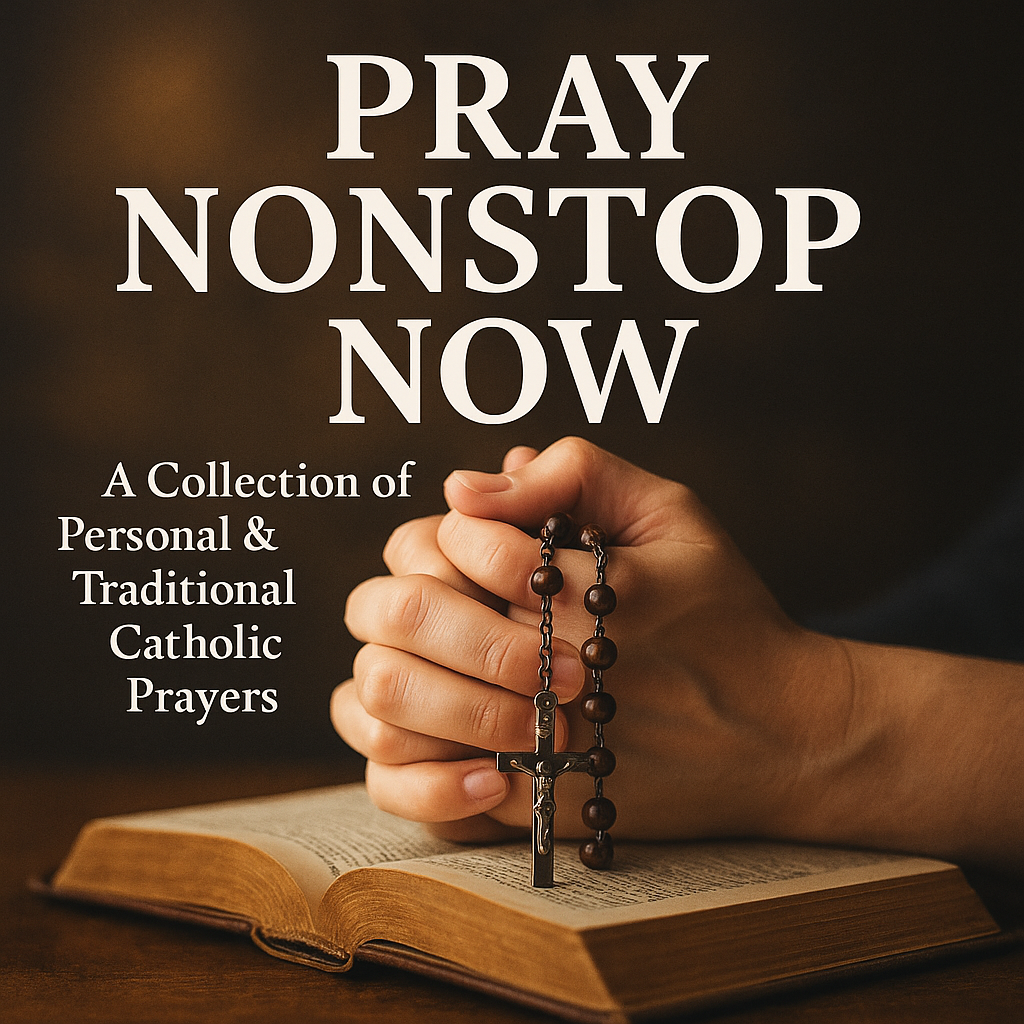Today is the Optional Memorial of the Dedication of the Basilicas of Sts. Peter and Paul. The whole Church celebrates the dedication of the two great Roman basilicas of St. Peter at the Vatican and of St. Paul-Outside-the-Walls. The Basilica of St. Peter stands on the site of the tomb of the Prince of the Apostles, where Nero’s Circus stood. It was here that St. Peter was executed. Recent excavations have shown that the present basilica which, in the seventeenth century replaced the ancient Constantinian basilica, was built over the tomb of St. Peter, just as the previous basilica. It was consecrated by Urban VIII on November 18, 1626. St. Paul-Outside-the-Walls, situated at the other end of the city on the Ostian Way, is built near the place St. Paul was martyred. It was almost completely destroyed by fire in 1823 and was rebuilt in sumptuous fashion by Gregory XVI and Pius IX and consecrated by the latter on December 10, 1854. The celebration of the anniversary of these two dedications has been kept, nevertheless, on November 18.

